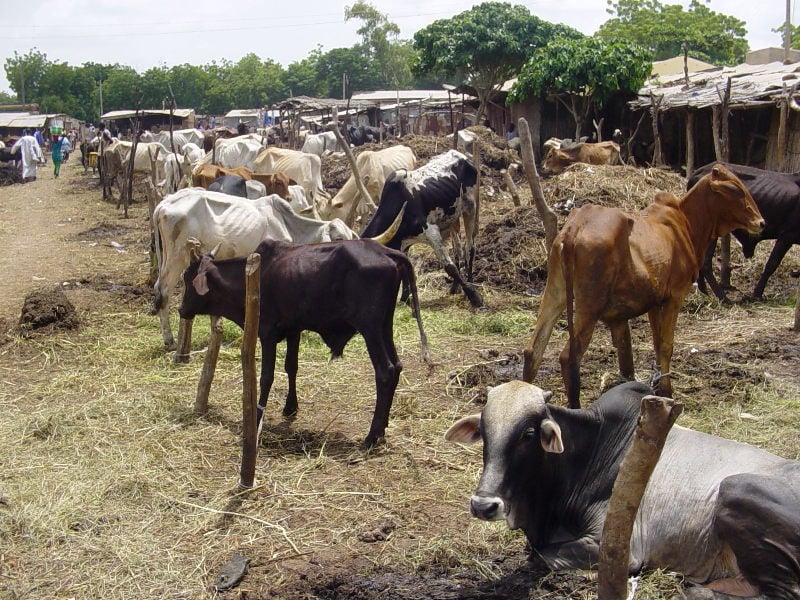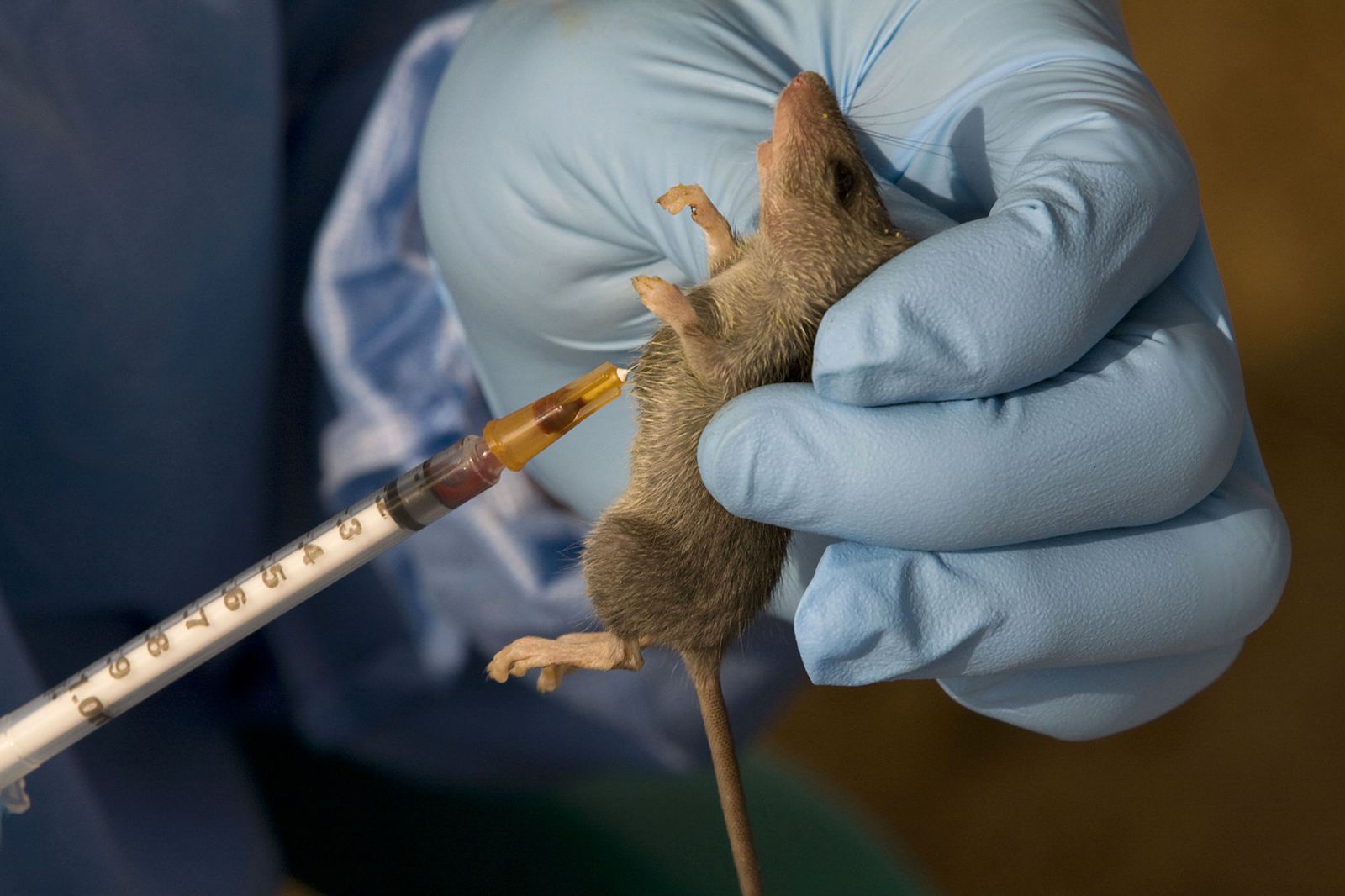The federal government says from next week, work will commence on establishing cattle colonies across the country.
Audu Ogbeh, minister of agriculture and rural development, who disclosed this when he visited the agriculture and veterinary complex of the Ahmadu Bello University, Zaria, made it clear that states which are not interested in the idea would be exempted.
Following killings orchestrated by herdsmen in various parts of the country, the government had proposed that establishment of cattle colonies would help quell the situation.
But some states, including Benue, where Ogbeh hails from, rejected establishment of colonies.
Advertisement
Defending the concept, Ogbeh said it is part part of the resolutions by the committee set up to solve the killings.
“One of the most topical issues we have today is that of farmers and herdsmen clashes,” he said.
“If we do not deal with it quickly, we run the risk of damaging the harmony and the co-existence of Nigeria as a country. The killings are getting too many.
Advertisement
“In our attempt to solve the problem, we have proffered certain solutions but perhaps we were not sensitive enough to Nigeria’s fragile sensitivities and suspicions.
“When we spoke of colonies, we were immediately greeted with reactions that this was an attempt to cease Nigeria’s land and give to the Fulanis to colonise.
“The intention is not for Fulanis or anyone to colonise any territory. It is to provide a haven for cattle to graze in peace under controlled environments to prevent the conflicts between farmers and herdsmen.
“Only yesterday, a committee was set up by the vice-president with members, most of them, state governors discussing this matter and resolving that states that are interested will begin work on this matter as soon as next week.’’
Advertisement
1 comments








It won’t bring solution at all. What if the grass in the so-called colonies finish, where will the cows head to? People’s farmlands or where? Creating of cow colonies is a disguised relaunching of the Fulani jihad in the early 19th century.